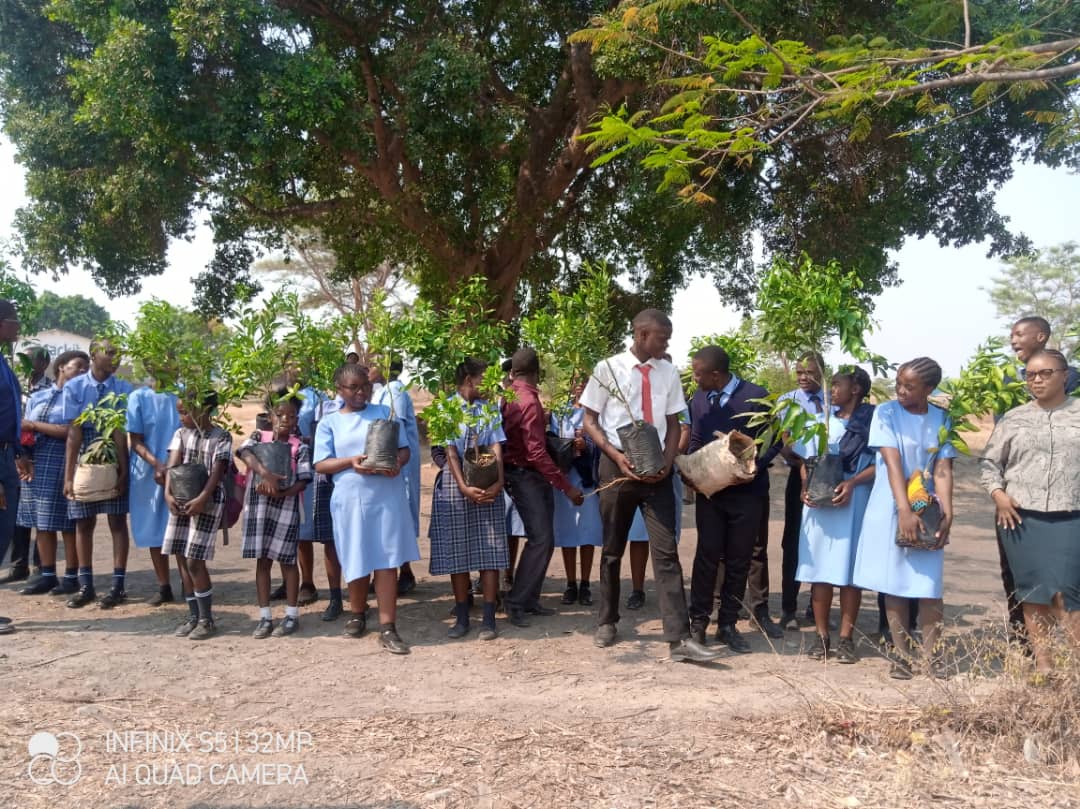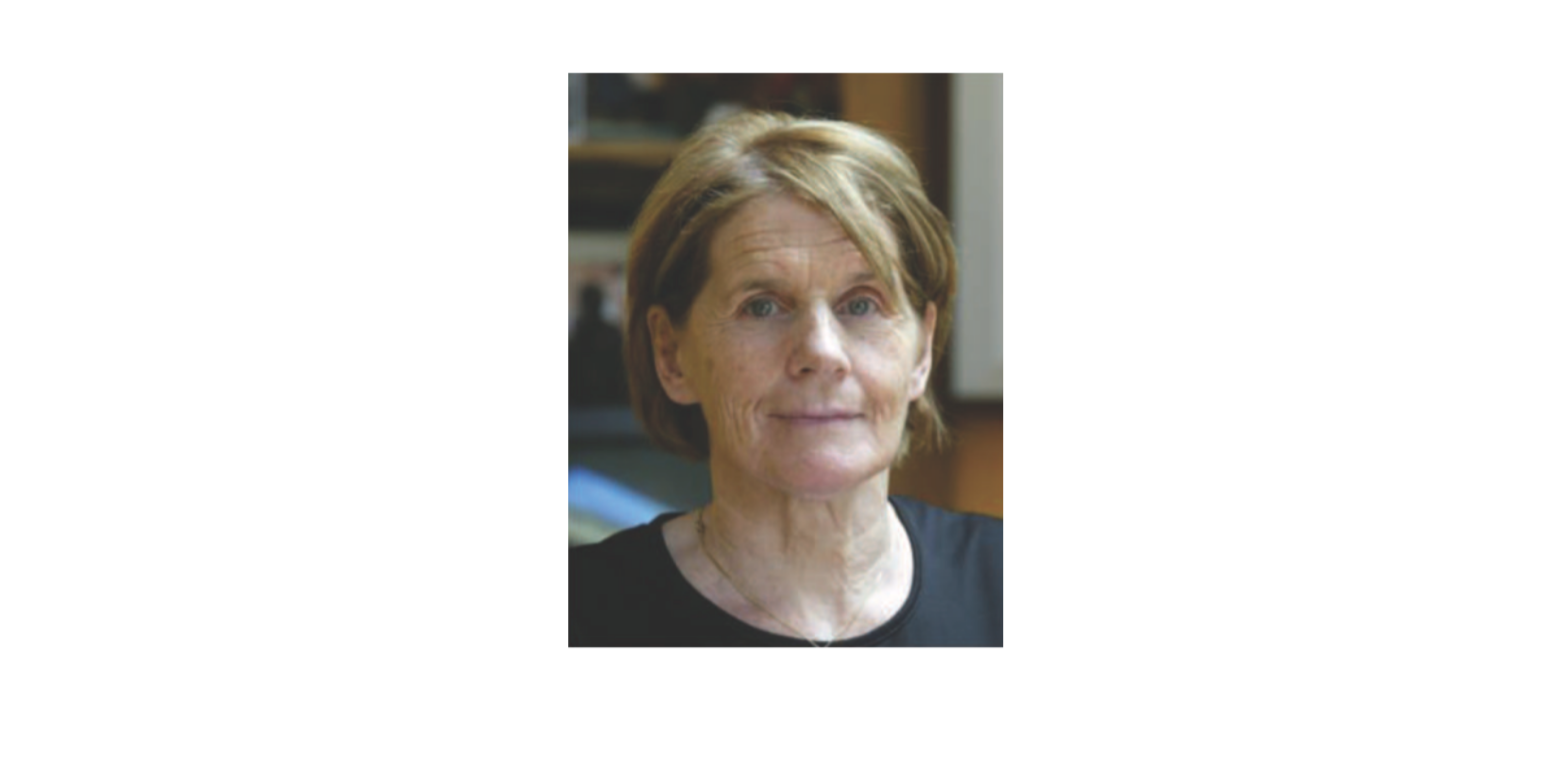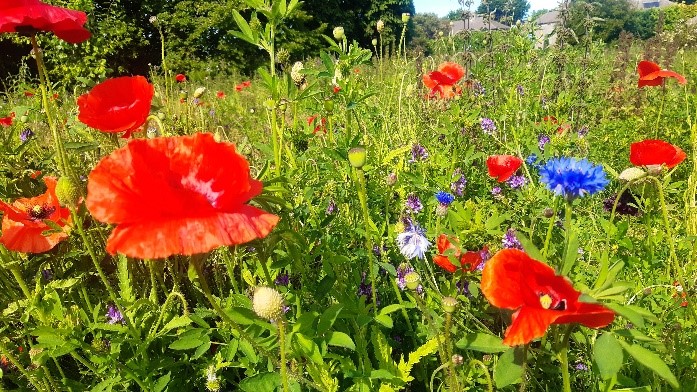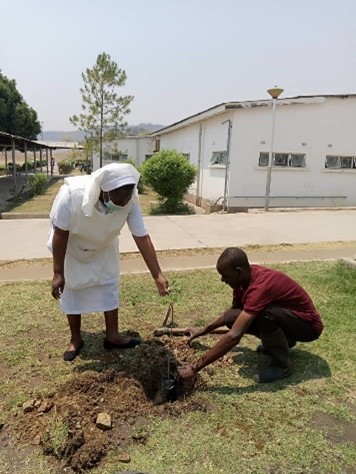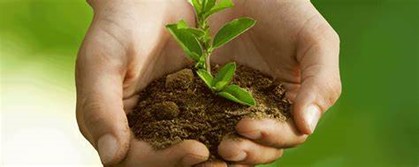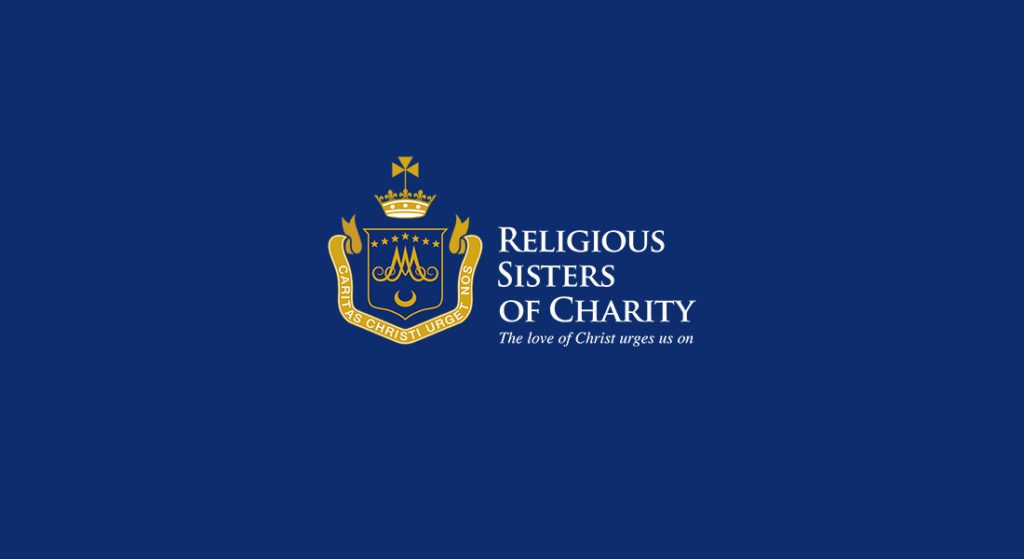
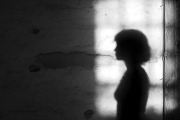 Human Trafficking is a new term but not a new form of violation of human rights. The figures for what is believed to be the biggest crime of our time are staggering. The United Nations estimated in 2005 that two million children are trapped in commercial sexual exploitation every year, while the International Labour Organisation’s 2012 statistics estimate that as many as 21 million people are exploited through forced labour.
Human Trafficking is a new term but not a new form of violation of human rights. The figures for what is believed to be the biggest crime of our time are staggering. The United Nations estimated in 2005 that two million children are trapped in commercial sexual exploitation every year, while the International Labour Organisation’s 2012 statistics estimate that as many as 21 million people are exploited through forced labour.
As opposed to a crime against a State, such as smuggling or illegal trafficking of goods, human trafficking is a crime against a person and a grave human rights violation.
The global community agreed on a legal definition of this crime in 2000, when adopting the UN Protocol to Prevent, Suppress and Punish Trafficking in Persons, especially Women and Children, which is widely known as the Palermo protocol.
Human trafficking involves the recruitment, transportation or harbour of a person by means of deception, coercion, or by abusing the vulnerability of a person, for the purposes of exploitation, which includes prostitution, organ donations or labour, servitude or practices similar to slavery.
As the title of the UN Protocol indicates, the prevalent numbers of the victims are women and children. In different countries different forms of trafficking are represented, which also depends on the role of the various states in the process.
Some countries are destination countries, others are transit, while some are source countries. The flows of trafficking usually involve the deceitful recruitment of people from poorer source countries and their transportation to richer destination countries, where their exploitation occurs.
For example in the area of organ harvesting, people in East Asia are trafficked for the surgical removal of organs and then sold to clinics that operate illegal organ transplant operations. Workers from South and Central America are transported to the farms of North America for exploitation in the agricultural industry.
Women and young girls from East Africa are bound by pagan juju rituals and are trafficked for prostitution through Italy and Spain to the sex industries in the Northern States of Europe. These are some examples of the so-called external trafficking whereby a crossing of international borders is involved in the process.
Internal Trafficking within the EU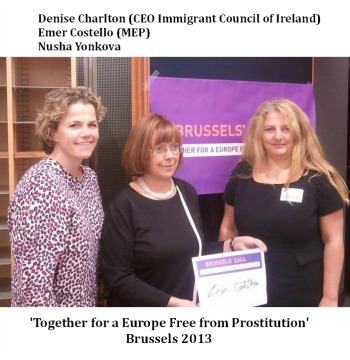 However, this is not always the case and the crossing of borders is not necessary for a human trafficking crime to occur. For example recent media articles from the UK indicate that residents there could also be recruited for illegal organ harvesting. Similarly, citizens of the European Union (EU) from Eastern Europe are trafficked for labour exploitation in the developed agricultural businesses of the West and North-West countries on the continent, where they end up underpaid or working excessively long hours without the benefit of social payment contributions or in breach of the existing labour regulations.
However, this is not always the case and the crossing of borders is not necessary for a human trafficking crime to occur. For example recent media articles from the UK indicate that residents there could also be recruited for illegal organ harvesting. Similarly, citizens of the European Union (EU) from Eastern Europe are trafficked for labour exploitation in the developed agricultural businesses of the West and North-West countries on the continent, where they end up underpaid or working excessively long hours without the benefit of social payment contributions or in breach of the existing labour regulations.
Newer horrific forms of trafficking are being identified, and criminals are coming up with ingenious ways of exploiting the vulnerability of less fortunate people. More recently, a law adopted by the EU Member States introduced new forms of exploitation, thus expanding the human trafficking definition to include forced begging and forced criminal activities. With the expansion of the Union, new vulnerable communities such as Roma people are exposed to the danger of internal human trafficking and its reincarnations into various new forms of exploitation targeting often women, mothers and children.
The first EU statistical report in the area of human trafficking, which came out last year, reminded us that in Europe women and girls are disproportionally affected and constitute 80 per cent of all victims. The same report was also a reminder that trafficking for commercial sexual exploitation continues to be the prevalent form of exploitation in Europe (62 per cent of the overall crime). In Ireland trafficking for sexual exploitation represents on average 75 per cent of the annually detected cases, and women constitute the majority of victims.
Trafficking in Ireland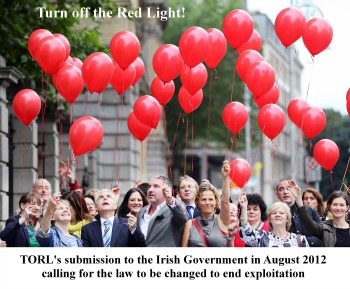 Shocking statistics from 2012 reveal that nearly half of the detected cases in Ireland involve child victims, who have been trafficked for sexual exploitation. In 2009, the Immigrant Council of Ireland (ICI), founded by Sr. Stanislaus Kennedy in 2001, launched a ground breaking report on trafficking of migrant women for prostitution in Ireland, which was sponsored by the Religious Sisters of Charity (RSC). It revealed that over 90 per cent of women in the indoor sex industry in Ireland are migrants and that the annual value of this industry exceeds 180 Million.
Shocking statistics from 2012 reveal that nearly half of the detected cases in Ireland involve child victims, who have been trafficked for sexual exploitation. In 2009, the Immigrant Council of Ireland (ICI), founded by Sr. Stanislaus Kennedy in 2001, launched a ground breaking report on trafficking of migrant women for prostitution in Ireland, which was sponsored by the Religious Sisters of Charity (RSC). It revealed that over 90 per cent of women in the indoor sex industry in Ireland are migrants and that the annual value of this industry exceeds 180 Million.
On average 800 women are being advertised for sale every day through prostitution websites. These and other findings were confirmed on several occasions through independent journalistic investigations.
The ICI has developed an expertise in the provision of comprehensive legal aid to migrant women victims of human trafficking, and today the organisation is one of the leading experts not just in Ireland but in the EU. The Irish province of RSC has provided funding each year that helped towards this essential work. In 2008 the ICI launched a campaign for the prevention of sex trafficking by addressing the demand that fosters this exploitation. This campaign is now a national movement of 1.6 million people, involving 68 civil society groups, including the Irish Province of the RSC. The campaign has brought about a Government consultation on the future of prostitution regulation, which concluded with a unanimous parliamentary parties’ decision to introduce legal penalties for clients of sexual services, whose actions fuel the exploitation of human beings.
Time will show if Ireland will become part of the growing number of countries in Europe that have adopted penalties against the buyers of sexual services, in addition to the criminalisation of traffickers and procurers. These penalties will cut the economic basis for sex trafficking, namely the huge profits from commercial sexual exploitation, where young women and girls are being violated.
Nusha Yonkova, Anti-trafficking Coordinator, Immigrant Council of Ireland


